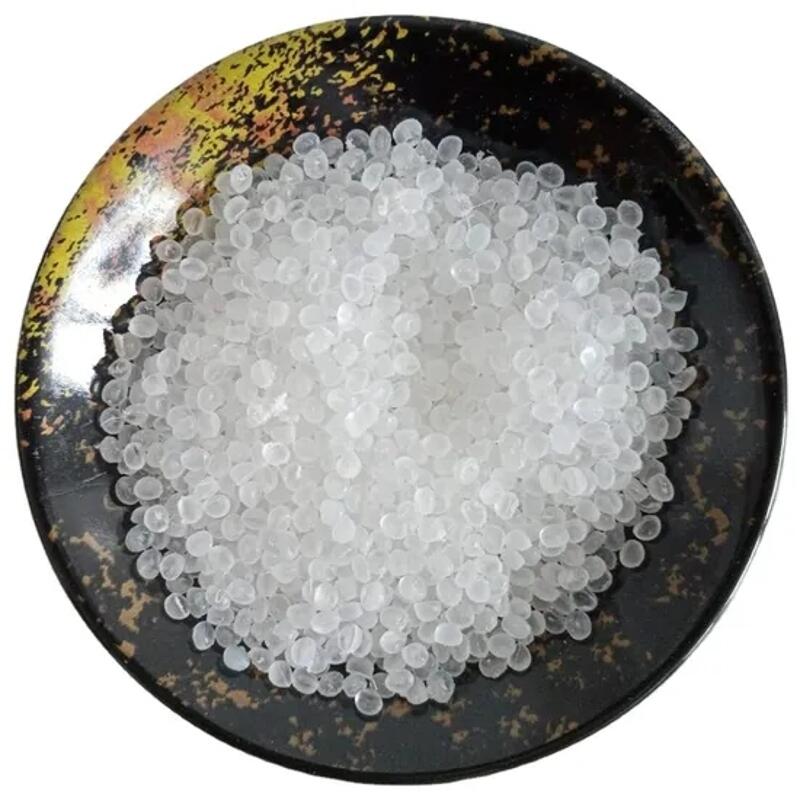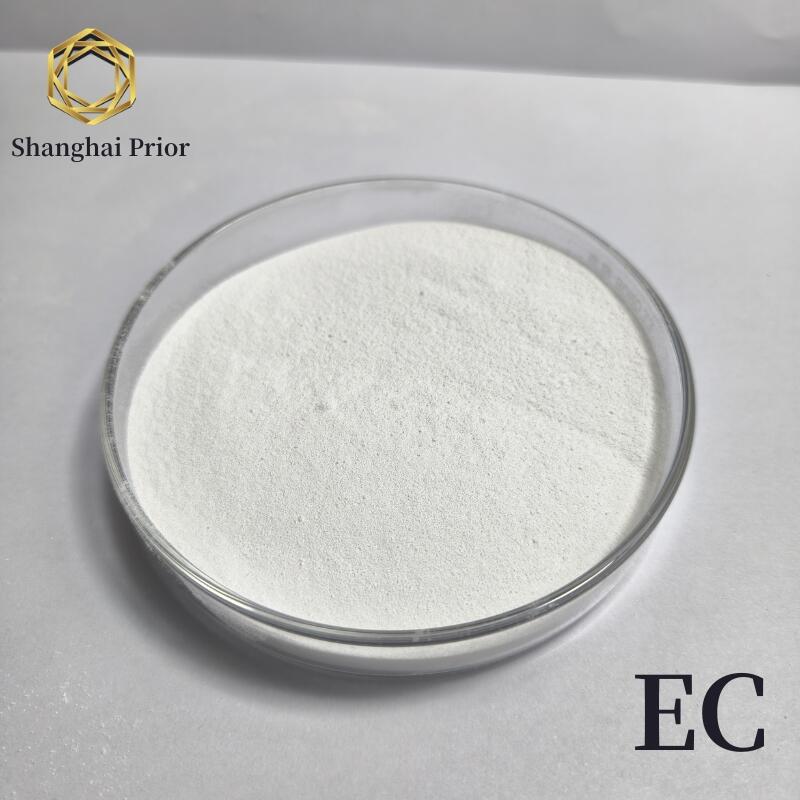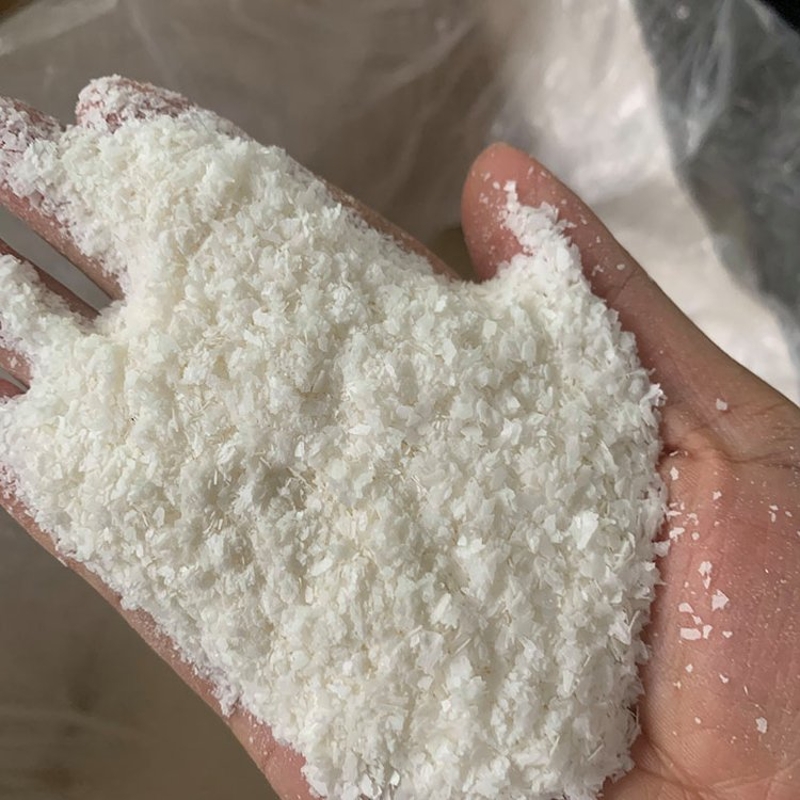-
Categories
-
Pharmaceutical Intermediates
-
Active Pharmaceutical Ingredients
-
Food Additives
- Industrial Coatings
- Agrochemicals
- Dyes and Pigments
- Surfactant
- Flavors and Fragrances
- Chemical Reagents
- Catalyst and Auxiliary
- Natural Products
- Inorganic Chemistry
-
Organic Chemistry
-
Biochemical Engineering
- Analytical Chemistry
-
Cosmetic Ingredient
- Water Treatment Chemical
-
Pharmaceutical Intermediates
Promotion
ECHEMI Mall
Wholesale
Weekly Price
Exhibition
News
-
Trade Service
Advantages and disadvantages in the use of solvent-based coatings and water-based coatings
It is an important part of liquid coating, it dissolves or disperses into the membrane material to form a liquid coating for easy construction, and evaporates in the process of coating film formation. Paint solvents mainly include three categories of products:
1, hydrocarbon solvents, according to different boiling points for grading
.
2, oxygenated solvent class, is the most widely used, the most mainstream.
3, water, is the most unique solvent.
paint solvents can dissolve, disperse the film-forming substances in the coating, form a liquid coating, and adjust its viscosity and fluidity, make it easy to coat, select suitable coating methods, increase the storage stability of the coating, increase the wetting of the coating substrate, improve adhesion, reasonable evaporation rate gives the coating the best fluidity and leveling, improve the appearance of the coating film, such as gloss, plumpness, etc. In general, hydrocarbon solvents and oxygenated solvents are collectively referred to as solvent-based coatings, water-based solutions are called water-soluble coatings or water-based coatings.
in solvent-based coatings, resins are almost soluble in solvents with a wide choice. Different resins have their own unique properties, such as polyurethane has excellent weather resistance and chemical resistance, high gloss, wear resistance, silicone resin has excellent heat resistance can be used as heat- and weather-resistant coating substrates.
Se below is the difference between solvent-based coatings and water-based coatings
1 Paint film gloss is different
solvent-based coatings can be ground to control the fineness of pigments, in storage is not easy to reverse coarseness, by adding resin control coating PVC (pigment ratio), additives (such as detergents) to achieve film gloss changes, gloss can be matte, matte, semi-matte, high gloss. Some gloss can be as high as 90%, water-based paint gloss expression is not as wide as oily paint, high gloss expression is poor, because water in water-based paint as a thinner caused by the volatile properties of water-based paints lead to water-based coatings difficult to show more than 85% of the high gloss.
2 Paint film color presentation of different
water-soluble paint pigment selection is less, can not form a rich color, solvent-based paint is more choice, can be adjusted out of the desired color, showing a rich color.
3 Paint construction environment is different
water-soluble coatings due to the nature of water itself, generally can not be below five degrees of construction; solvent-based coating construction is basically not limited by temperature. Therefore, water-based coating construction needs to strictly control the temperature, humidity and grass-roots moisture content of the construction environment, in some harsh conditions, can not obtain high-quality coating. The solvent-based coating can adjust the solvent ratio with the construction environment of the construction site, so as to achieve an ideal coating state.
4 Paint construction viscosity is different
water-soluble coatings due to the nature of water itself for viscosity requirements are relatively high, while solvent-based coatings are relatively loose.
5 The resin of the coating itself is different from the thinner
the water-soluble coating is called water-soluble, itself has water-soluble, that is, it can be dissolved in water, water-soluble coating can be diluted proportionally, and solvent-based coatings can only allow organic solvents to be diluted.
summary
from the above point of view, due to objective needs and functional needs, solvent-based coatings still occupy a part of the market. However, at present, solvent-based coatings in the construction process will cause organic matter volatility, serious harm to the environment and people's health, there are pollution of the environment, waste of energy and other outstanding problems. Compared with solvent-based coatings, a solvent is water, a solvent is organic, it can be imagined that water-based coatings have better environmental performance, can achieve less volatile harmful substances. In addition, water-based coatings use water as a solvent, eliminating the risk of fire during the construction of the production process, improving the working environment, and gaining an advantage in safety. Solvent-based coatings, because they contain volatile substances in organic solvents, are at risk of explosion and fire during production, storage, and transportation. Therefore, in terms of safety, water-based coatings are stronger than solvent-based coatings. At present, the country vigorously promote the cause of environmental protection, water-based coatings have been rapid development.
.







